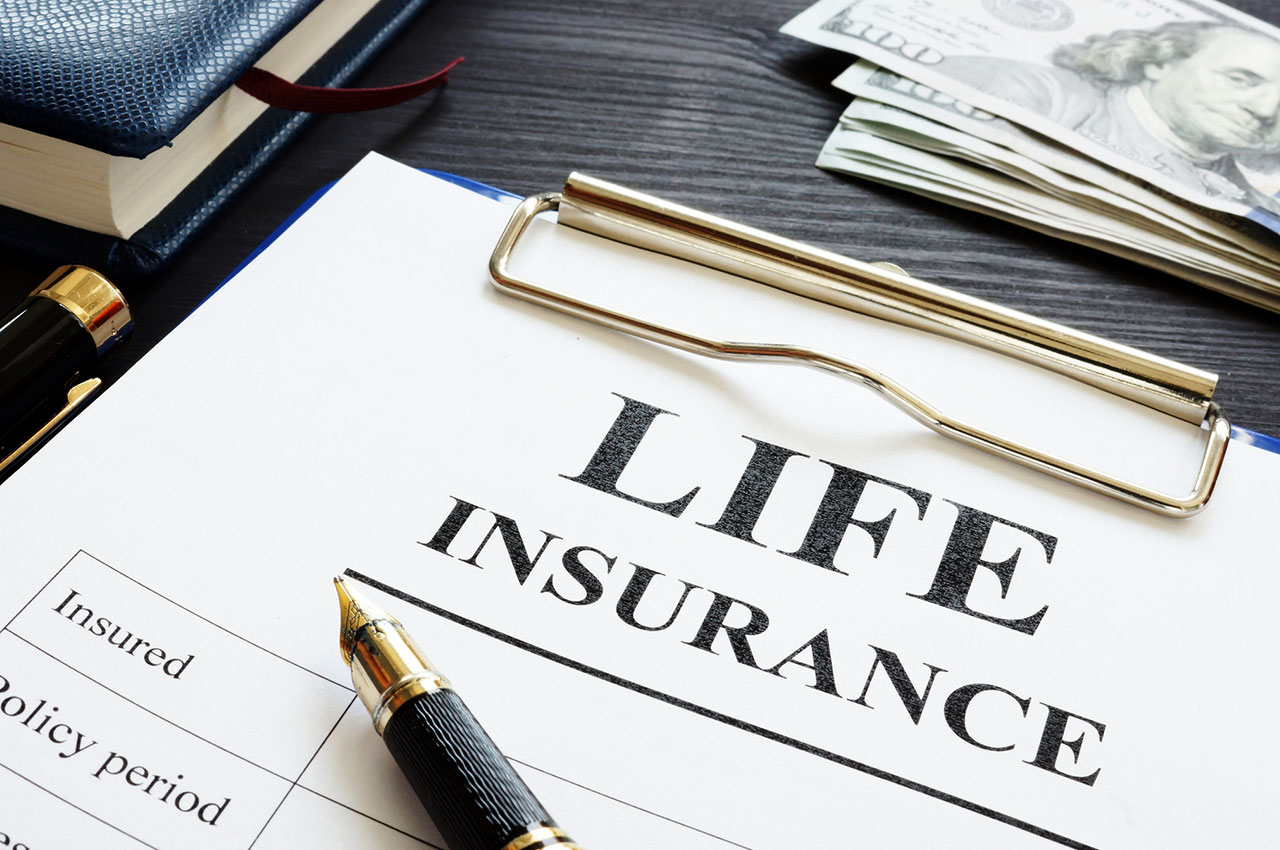A Guide to Life Insurance Benefits and When You Need Them
One of the most important tools to have in your portfolio is life insurance, yet many people choose to ignore the benefits and protections it brings. As a result, surviving family members are left with your final expenses and debts. To help your family financially cope when you die, you should consider getting life insurance.
What is Life Insurance?
Life insurance helps provide your family with financial security when they can’t rely on your salary or income any longer. The policy’s death benefit can be used to pay off the mortgage, clear debts, and cover everyday expenses.
When you buy a life insurance policy, you pay a premium to the insurance company at regular intervals as defined by your plan. If you die while the policy is still active, then your designated beneficiaries will receive a payout.
Why is Life Insurance Important?
While life insurance isn’t an easy topic to think about, it is imperative for you to have so that your loved ones are protected when you pass away. Depending on the type of policy purchased, you can accomplish almost any goal, including:
- Create an estate, pay death taxes and other estate settlement costs
- Pay off a mortgage
- Supplement retirement plans
- Equalize inheritances
In the immediate aftermath of your passing, your life insurance policy will allow your family members to easily meet any financial problems that arise.
When Should You Get Life Insurance?
The best time to start considering life insurance is right now. Many people believe that life insurance isn’t relevant for them because they are young and healthy. However, you don’t know what’s coming around the corner.
Life insurance policies are less expensive when you’re young. And, if you delay, there is the possibility of a change in your health which can make the insurance more expensive or even impossible to buy at any price. The potential payout for your loved ones can grow over time if you start early, depending on the life insurance policy you buy. So, remember, don’t wait until it’s too late. Make sure your loved ones are protected from the unexpected today.
Are you considering a life insurance policy? At Schechner Lifson, we’re here to help provide all of your life insurance policy options. Reach out to us to learn how we can help protect you and your family.











